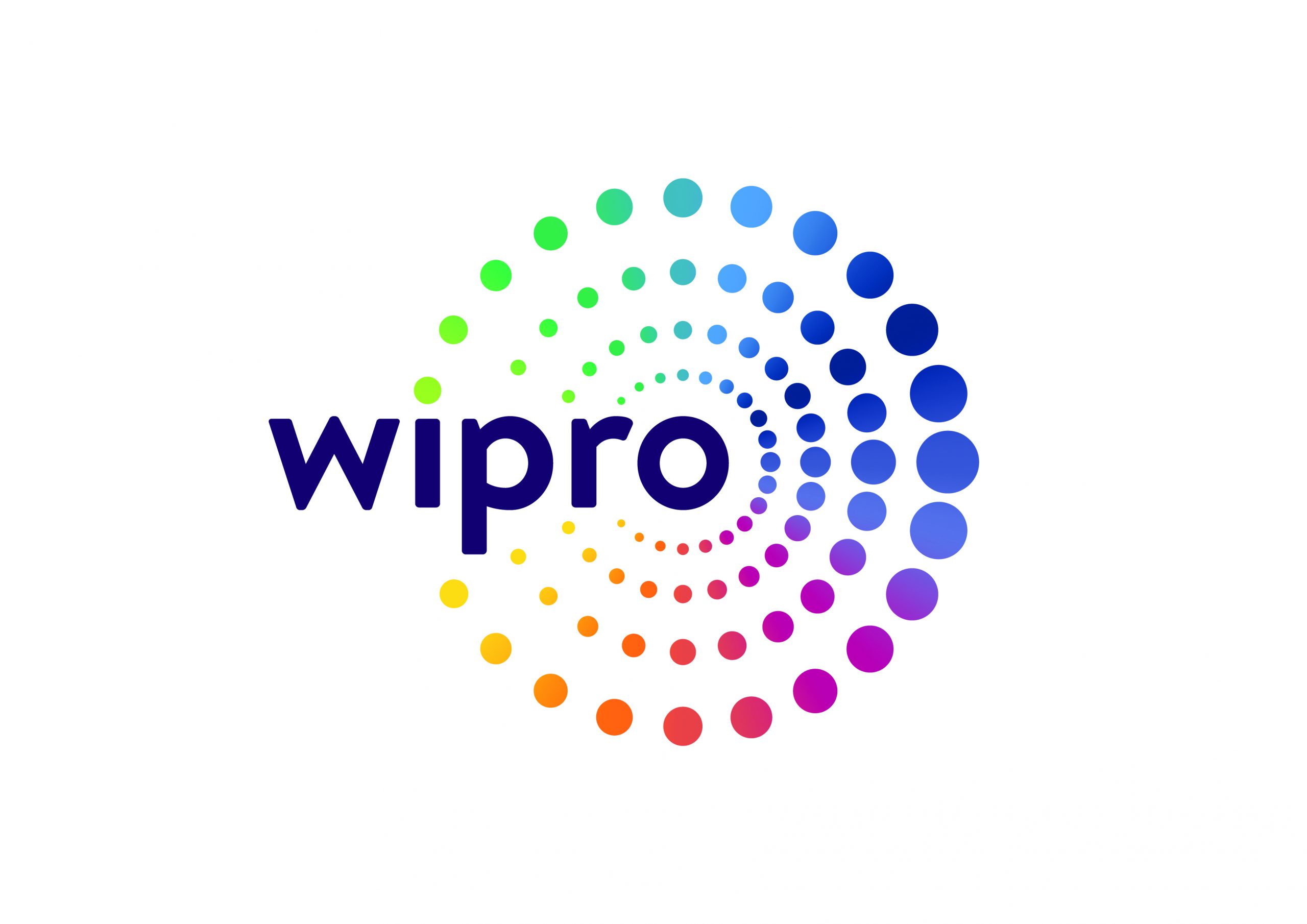Organizations Yet to Unlock the Full Potential of Quality Engineering: Wipro
Bangalore: Wipro Limited (NYSE: WIT, BSE: 507685, NSE: WIPRO), a leading global information technology, consulting and business process services company, today announced its State of Quality report titled Quality Engineering in a Cloud-Centric World. The report highlights that success in a cloud-centric world requires transforming the way organizations approach quality engineering.
According to the report, “The cloud offers great opportunities for business growth and innovation, but also more possible failure points. As organizations embrace the cloud, they can avoid those failure points by making the transformation of quality engineering as high a priority as the broader digital transformation of their business.” Organizations must incorporate engineering and testing across the lifecycle to promote IT resilience, improve product quality and reliability, accelerate speed to market, and ultimately improve the customer experience.
These findings are based on a survey of more than 200 quality engineering programs and 600 requests for proposals from leading organizations around the world.
The report also highlights:
1. Pivot towards “shift right” and “resilience” processes: Organizations are increasingly looking to optimize testing capabilities to drive business forward and deliver continuous reliability and monitoring for predictive and preventive maintenance. In reaching those goals, enterprises are embedding “shift right” and “resilience” beyond the “shift left” and “automation” practices of the last decade.
2. Lag in Agile adoption: As organizations transform to be more digital, they are embracing new ways of working and the associated technologies to quickly deliver highly integrated products and services. DevOps and Agile programs that adopt a quality engineering strategy can support such a transformation and help improve business outcomes. However, according to the findings of the report, Agile adoption is lagging, with 50 percent of programs still running on Waterfall or Hybrid SDLC.
3. Increased training and cross-skilling for engineers: Organizations should train quality engineers on expanding testing expertise beyond domain skills, especially in non-functional testing, which is becoming integral to the shift-left methods used in high-speed software-testing programs. In addition, regular cross-skilling improves the efficiency of a quality engineering programs by allowing team members to focus on more value-added tasks.
“A transformation vision is metric-driven and outcome-oriented, providing improved experiences to customers and business partners. This is backed by apt organizational structure and adoption of new testing practices. Alignment of a shared responsibility model for code quality development and quality engineering teams is critical to achieve successful transformation goals,” said Brett Eschbach, Senior Director, Application Engineering, US Foods.
“Organizations need to re-shape their quality engineering processes to succeed in a cloud-centric world. These programs must support collaboration with an enablement model that bridges the gap between innovation and executing projects. Our report intends to help organizations benchmark their own testing landscape and identify steps to be taken to assure their cloud journeys,” said Ramesh Pai, General Manager and Global Head, Quality Engineering and Testing, Wipro Limited.
Wipro’s latest report outlines why it’s essential to get the quality engineering transformation right – and how enterprises can approach their journey towards it
The full report can be found here: Quality Engineering in a Cloud-Centric World
Methodology
The Wipro Quality Engineering in a Cloud-Centric World report is based on a Wipro survey of 81 clients across 7 countries and 6 continents, representing more than 200 QE programs. Survey respondents run or play a key role in their organization’s QE program, including test managers, test program managers, and test leads, and oversee programs with a testing workforce of at least 50. Client organizations in the survey are based in Australia, Asia, Europe, New Zealand, South Africa, US, and UK. To round out survey responses and learn more about QE program trends and needs, Wipro also analyzed data from more than 600 recent requests for proposals (RFPs).

